All About Auditory Processing Disorder
Auditory Processing disorder (APD), also known as central auditory processing disorder (CAPD), is a hearing problem that affects about 5% of school-aged children.
Children with this condition can’t process what they hear in the same way other children do because their ears and brain don’t fully coordinate. Something interferes with the way their brain recognizes and interprets sounds, especially speech.
Trouble Understanding Speech
Children with APD are thought to hear normally because they can usually hear sounds that are delivered one at a time in a very quiet environment (such as a sound-treated room or audiology booth). The problem is they usually do not recognize slight differences between sounds in words, even when the sounds are loud and clear enough to be heard.
These kinds of problems usually happen when there is background noise, which is often the case in social situations. Children with APD can have trouble understanding what is being said to them when they are in noisy places like a playground, sports events, the school gymnasium, and classroom.
Symptoms
Symptoms of APD can range from mild to severe and can take many different forms. If you think your child might have a problem processing sounds, ask yourself these questions:
- Is your child easily distracted or unusually bothered by loud or sudden noises?
- Are noisy environments upsetting to your child?
- Does your child’s behavior and performance improve in quieter settings?
- Does your child have difficulty following directions, whether simple or complicated?
- Does your child have reading, spelling, writing, or other speech-language difficulties?
- Are verbal (word) math problems difficult for your child?
- Is your child disorganized and forgetful?
- Are conversations hard for your child to follow?
APD is often misunderstood because many of the behaviors noted above also can accompany other problems, like learning disabilities, attention deficit hyperactivity disorder (ADHD), and even depression.
Causes
Often, the cause of a child’s APD isn’t known. Sometimes, there can be multiple causes.
Diagnosis
If you think your child is having trouble hearing or understanding when people talk, speak to your child’s teacher to talk more about what is being noticed at school and have his/her hearing tested. Having your child’s hearing tested is an important first step. An audiologist may then recommend additional APD testing. Only an audiologist can diagnose auditory processing disorder.
During APD testing, Audiologists look for five main problem areas in children:
1. Auditory figure-ground problems: This is when a child can not pay attention if there is noise in the background. Noisy, loosely structured classrooms could be very frustrating.
2. Auditory memory problems: This is when a child has difficulty remembering information such as directions, lists, or study materials. It can be immediate (“I can’t remember it now”) and/or delayed (“I can’t remember it when I need it for later”).
3. Auditory discrimination problems: This is when a child has difficulty hearing the difference between words or sounds that are similar (COAT/BOAT or CH/SH). This can affect following directions and reading, spelling, and writing skills, among others.
4. Auditory attention problems: This is when a child can not stay focused on listening long enough to complete a task or requirement (such as listening to a lecture in school). Children with CAPD often have trouble maintaining attention, although health, motivation, and attitude also can play a role.
5. Auditory cohesion problems: This is when higher-level listening tasks are difficult. Auditory cohesion skills — drawing inferences from conversations, understanding riddles, or comprehending verbal math problems — require heightened auditory processing and language levels. They develop best when all the other skills (levels 1 through 4 above) are intact.
*Since most of the tests done to check for APD require a child to be at least 7 or 8 years old, many kids are not diagnosed until then or later.
Tips for Helping Your Child
A child’s auditory system isn’t fully developed until age 15. So, many kids diagnosed with APD can develop better skills over time as their auditory system matures. While there is no known cure, speech and language therapy and assistive listening devices can help children make sense of sounds and develop good communication skills.
Soundfield systems or FM Systems are types of assistive listening device that reduces background noise by making the speaker’s voice louder so a child with Auditory Processing Disorder can better hear and understand. They can be very helpful to improve student’s ability to listen within noisy environments such as the classroom. These are portable and can be carried to different settings within schools.
Listening Strategies
Strategies applied at home and school can ease some of the problem behaviors associated with APD.
Children with APD often have trouble following directions, so these suggestions may help:
- Reduce background noise whenever possible at home and at school.
- Have your child look at you when you’re speaking.
- Use simple, expressive sentences.
- Speak at a slightly slower rate and at a mildly increased volume.
- Ask your child to repeat the directions back to you and to keep repeating them aloud (to you or to himself or herself) until the directions are completed.
- For directions that are to be completed later, writing notes and visual supports can be helpful. So can general organization and scheduling.
- It can be frustrating for children with APD when they are in a noisy setting and they need to listen. Teach your child to notice noisy environments and move to quieter places when listening is necessary.
Other tips that might help your child at school:
- Ask for your child to work within a quieter workplace.
- Ask to change seating plans so your child with APD can sit in the front of the classroom or with his or her back to the window
- The use of study aids, like voice recorders or access to notes that can be viewed online.
Resources
Services and Supports for Students with Central Auditory Processing Disorders

